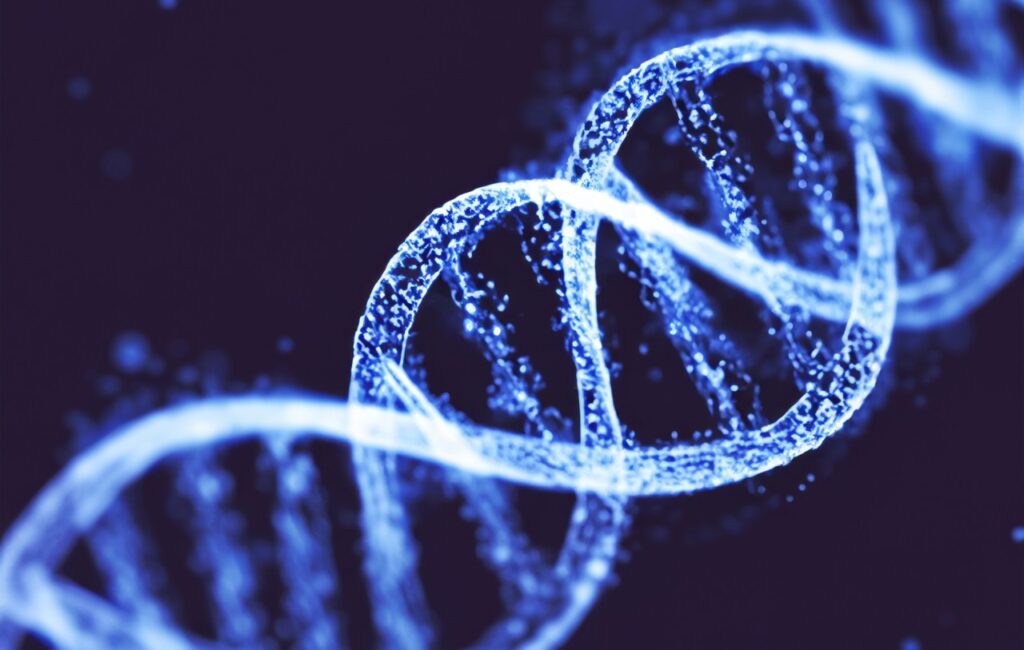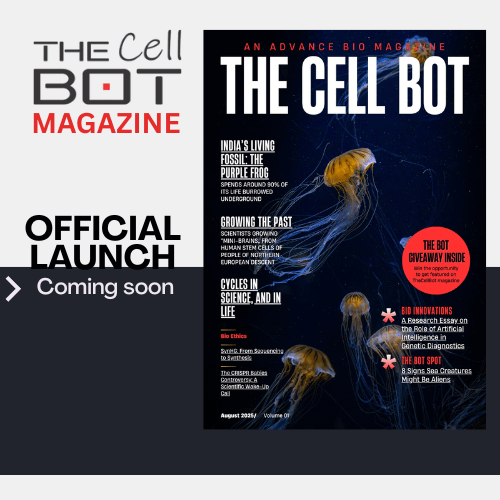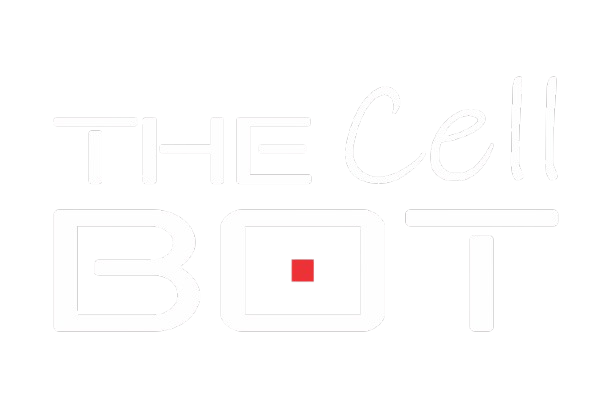In preparing for this essay, I revisited Alan Turing’s paper Computing Machinery and Intelligence (1950) to reflect on AI’s evolving role in diagnostics. Artificial Intelligence (AI), alongside Machine Learning and Deep Learning, present a journey through time answering Turing’s question: “Can machines think?” [6,9]. AI has already proven its merit, particularly in healthcare, where it processes vast datasets with speed and precision, aiding clinicians in making accurate diagnoses. This is especially applicable in Genetics, where big data from Next-Generation Sequencing (NGS) is being generated at a rate faster than it can be analysed. However, when applied to Genetic Diagnostics, an essential question arises: Can an AI-driven machine truly think like a Geneticist?
This essay evaluates AI’s capacity to surpass human intelligence in Genetic Diagnostics, its limitations, and the insights it may provide beyond human intuition. I propose that if I were to rely on AI to interpret my genetic test results, it would be if I had the signs and symptoms of a suspected Rare Genetic Disorder (RD). Thus, I examine AI’s potential to revolutionize genetic diagnosis in RDs while addressing ethical implications.
Rare Genetic Disorders are life-threatening conditions affecting approximately 1 in 10,000 individuals (WHO), varying by region. According to the Organisation of Rare Diseases India, 1 in 5,000 Indians are affected by a RD [4]. 80% of these disorders have a genetic origin, predominantly affecting children, with few surviving beyond the age of 20 [8]. Given India’s vast population, these disorders are not as rare as the name suggests. Many cases remain undiagnosed due to limited clinical expertise or resources, and significant phenotypic variation. Identical genetic mutations can present with different phenotypes. Alternatively, multiple genes may contribute to the pathogenesis of a single disease, further challenging clinical diagnosis. A survey by the National Organization for Rare Disorders revealed that for 25% of patients, obtaining a diagnosis can take between 5 and 30 years [10].
This raises a deeply personal question: if I had a RD, would I spend my life without knowing my condition, without access to potential therapies, and without a chance at survival? This uncertainty highlights why RDs are called orphan diseases—they are often overlooked, delaying both diagnosis and potential treatment.
AI is a transformative tool in addressing these challenges. It can quickly analyse large volumes of data generated through Whole Exome Sequencing, which examines millions of DNA base sequences to identify multiple coexisting mutations. By comparing results with global databases such as OMIM and the 1000 Genomes Project, AI accelerates diagnosis [3]. Traditionally, genetic testing relied on identifying a patient’s phenotype to determine which specific gene should be examined. With NGS, multiple genes can be analysed simultaneously, producing large amounts of genomic data, 25–30% of which can now be definitively classified as pathogenic or benign [7]. Additionally, the success of AI-assisted facial image analysis apps, such as Face2Gene, expand diagnostic capabilities by matching facial dysmorphic features to syndromes like KBG syndrome [2]. This consolidates AI’s role in big data analysis and image-based diagnostics.
Moreover, AI can predict an individual’s disease risk, suggest biomarker studies, and recommend targeted therapy options. AI’s potential extends to providing inputs for gene-editing therapies like CRISPR, which corrects disease-causing mutations [4]. If I had a RD, I would want AI to additionally determine whether such a therapy could provide a personalized solution, extending its capability spectrum from diagnosis to cure.
It is equally important to consider the psychological impact of receiving such a diagnosis. Here, a Geneticist remains irreplaceable, possessing the sensitivity and clinical judgment necessary to hold difficult conversations, ensuring that a patient receives full support. Also, when AI identifies incidental findings—genetic variations with significant health implications—a Geneticist remains better suited to decide whether disclosure is in the patient’s best interest or if discretion is warranted. AI-driven diagnostics rely on patient health records and photographs, yet regulations governing their ethical use remain unclear. Until strict, transparent policies are established to protect patient confidentiality, AI-generated results must always be reviewed by a clinician [1,5].
Returning to Turing’s question, “Can machines think?” and stating my opinion on the role of AI in genetic testing: AI surpasses human capability in analysing vast datasets, enabling rapid and accurate diagnoses—but does this constitute thinking? While AI surpasses human intelligence, it lacks the intuition, ethical reasoning, and human connection essential to patient care. AI does not possess sentience; The future of genetic diagnosis lies in collaboration—where AI enhances efficiency and accuracy, but human expertise ensures ethical, compassionate delivery of service.
References
- Abdallah, S., Sharifa, M., I Kh Almadhoun, M. K., Khawar, M. M., Shaikh, U., Balabel, M., Saleh, I., Manzoor, A., Mandal, A. K., Ekomwereren, O., Khine, W. M., & Oyelaja, O. T. (2023, October 11). “The impact of artificial intelligence on optimizing diagnosis and treatment plans for rare genetic disorders”. Cureus. vol. 15,10 e46860 doi:10.7759/cureus.46860 https://pmc.ncbi.nlm.nih.gov/articles/PMC10636514/
- Bajaj, S., Nampoothiri, S., Chugh, R., Sheth, J., Sheth, F., Sheth, H., Narayan, V., Deshpande, A., Hegde, A., Dwivedi, A., Yeshodharan, D., Khosla, I., Mittal, M., Kore, M., Ramprasad, V., Kayalvizhi C., A., & Girisha, K. M. (2024, October 15). KBG Syndrome in 16 Indian Individuals. American Journal of Medical Genetics. https://onlinelibrary.wiley.com/doi/10.1002/ajmg.a.63907
- Bean, L. J., & Hegde, M. R. (2016). Gene Variant Databases and Sharing: Creating a Global Genomic Variant Database for Personalized Medicine. Human mutation, 37(6), 559–563. https://doi.org/10.1002/humu.22982
- Bhattacharyya, P., Mehndiratta, K., Maiti, S., & Chakraborty, D. (2024). Rare genetic disorders in India: Current status, challenges, and CRISPR-based therapy. Journal of biosciences, 49, 28.
- Hallowell, N., Parker, M., & Nellåker, C. (2018). Big data phenotyping in rare diseases: some ethical issues. Genetics in Medicine, 21(2), 272–274. https://doi.org/10.1038/s41436-018-0067-8
- Hirani, R., Noruzi, K., Khuram, H., Hussaini, A. S., Aifuwa, E. I., Ely, K. E., Lewis, J. M., Gabr, A. E., Smiley, A., Tiwari, R. K., & Etienne, M. (2024). Artificial Intelligence and Healthcare: A Journey through History, Present Innovations, and Future Possibilities. Life (Basel, Switzerland), 14(5), 557. https://doi.org/10.3390/life14050557
- Richards, S., Aziz, N., Bale, S., Bick, D., Das, S., Gastier-Foster, J., Grody, W. W., Hegde, M., Lyon, E., Spector, E., Voelkerding, K., & Rehm, H. L. (2015, March 5). Standards and guidelines for the interpretation of sequence variants: A joint consensus recommendation of the American College of Medical Genetics and genomics and the Association for Molecular Pathology. Genetics in Medicine, Nature News. 17(5), 405–423. https://doi.org/10.1038/gim.2015.30
- Taneja, A., Shashidhara, L. S., & Bhattacharya, A. (2020, May). Rare Diseases in India: Time for Cure-Driven Policy Initiatives and Action. https://www.researchgate.net/publication/341830585_Rare_Diseases_in_IndiaTime_for_Cure-Driven_Policy_Initiatives_and_Action
- Turing, A. M. (1950, October). Computing Machinery and Intelligence. Mind, 59(236), 433–460. https://doi.org/10.1093/mind/LIX.236.433
- Visibelli, A., Roncaglia, B., Spiga, O., & Santucci, A. (2023, March 13). The Impact of Artificial Intelligence in the Odyssey of Rare Diseases. Biomedicines 11(3), 887. https://doi.org/10.3390/biomedicines11030887




